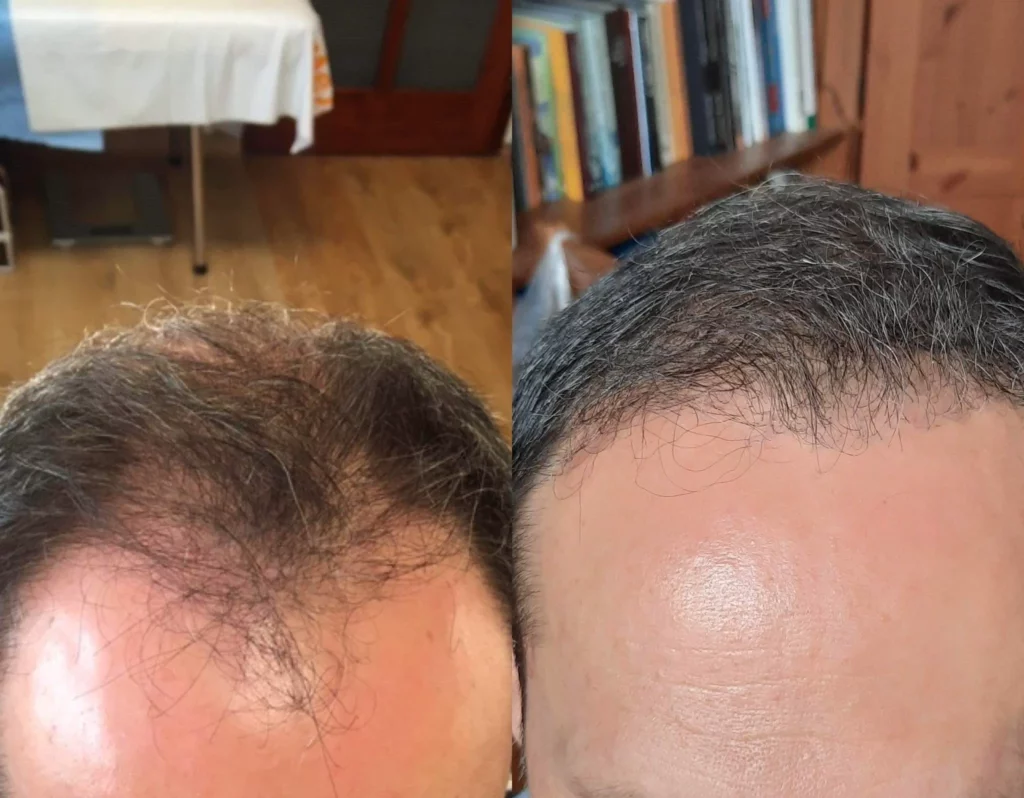Can baldness be inherited?
If you notice that your hair has started to fall out, it's not necessarily a big problem. Losing 100 hairs a day is nothing to worry about, as 90% of the 100,000 hair follicles on your head grow back on their own. It is a continuous cycle, with new hair always growing in place of the hair that has died.
Hair loss due to anaemia?
Few people think about it because anaemia actually develops slowly and insidiously in the body. Its side effects are manifold, there is no clear sign and it can only generally be said to be caused by iron deficiency.
What is the difference between hair loss and when the hair is falling out?
Apparently nothing, but in reality they are completely different. In hair loss, the hair strands fall out in clumps along with the hair follicles, whereas when we say his/her hair is falling out, the hair strands just break off and that's why it can appear as hair loss. The main difference between them lies in the conditions under which it occurs.
Can the thyroid gland and hair loss be linked?
The answer is yes. Because abnormal thyroid function can cause temporary hair loss.
What else can cause female pattern baldness?
In a previous blog post, we explored the causes of female pattern baldness. In addition, a very common hormonal imbalance can also trigger hair loss in women.
Hair loss can also be caused by diabetes

Our hair falls out every day due to natural replacement, it's just not always how much. Losing 70 to 100 hairs a day is normal, but losing more than 150 hairs can be a sign of a disease, even hereditary baldness. Unfortunately, hair loss as a symptom can also occur in people with diabetes.
Too oily hair can also cause baldness
It's typically an adolescent problem, but there are certainly adult men and women who still struggle with overly oily hair. It's worth taking some good advice on how to manage oily hair.
Bitter reality: what has already fallen out won't grow back
There is certainly no person who hasn't come across ads promising the perfect figure, shiny white teeth and a luscious head of hair if you use their products. They try to find solutions to all our problems. With vitamins, balms, remedies, starting at tens of thousands of forints, the sky's the limit. But what do these miracle products promise?
The more rare alopecia
In an earlier article, we clarified that alopecia is not specifically the name of a single hair loss-related condition, but is a catch-all term. In this summary, we present the rarest of these balding disorders.
What is Alopecia?
Latin term alopecia means hair loss, of which there are several types, often affecting not only the scalp but also other parts of the body covered with hair. In addition to the aesthetic consequences, hair loss is also psychologically distressing, even if it may not always be apparent. There are many causes, ranging from hereditary factors, increased stress factors and thyroid problems, but the causes of some types are still unknown and are considered to be autoimmune.


